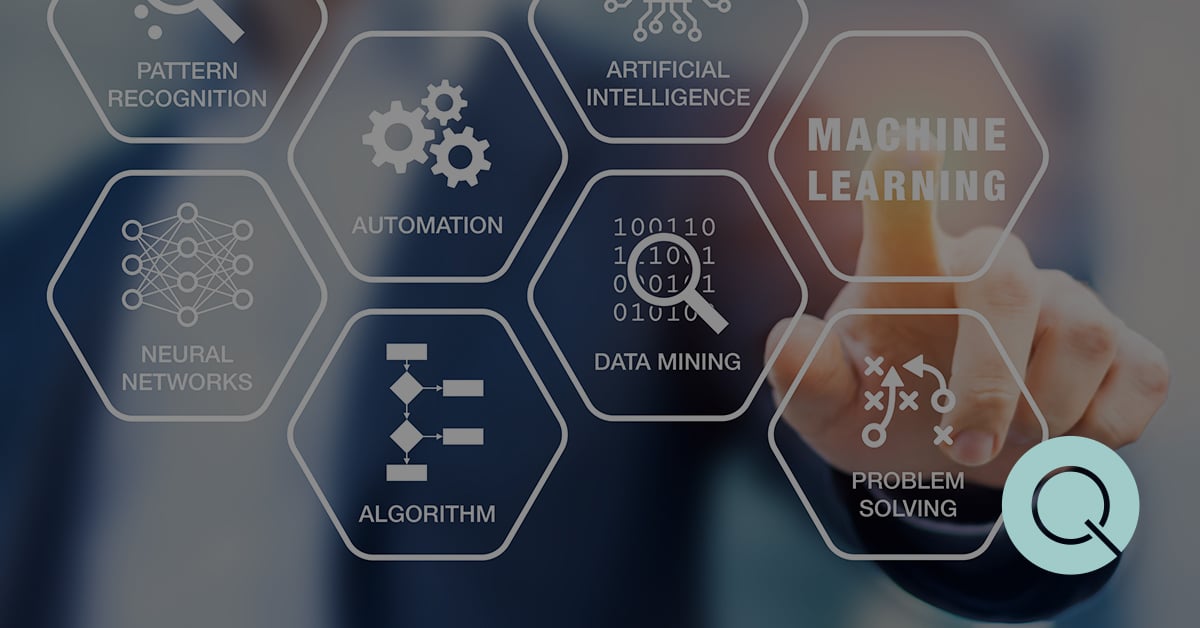
Robots to the fore – Key insights for New Zealand Business into RPA in 2019
From making artificial intelligence a business reality to closer ties to human colleagues, robotic process automation is gearing up for a strong 2019
Humans will be robots will be forging stronger ties this year as Robotic Process Automation (RPA) move further into the Kiwi business landscape. As the year firmly gets underway, Garry Green, Managing Director for Quanton shares what he believes will be the four biggest trends for Process Automation this year.
1. AI meets RPA for Intelligent Process Automation - and real business benefits.

While Artificial Intelligence (AI) and Machine Learning (ML) gamer the headlines, RPA the foundation to make smart technologies like ML and Natural Language Processing (NLG) a reality for many New Zealand businesses.
RPA is already delivering robots doing back office tasks, but 2019 will see a big growth in Intelligent Automation., melding RPA with ML and other smart technology capabilities. It's a scenario which will enable businesses to handle end-to-end processes through a blend of technologies that enhance the customer journey or the way a business operates.
RPA is great at handling structured data but is limited by its ability to work with unstructured data. However, combining RPA with smart technologies like NLG or ML can address that issue and enable businesses to extend the reach of automation further.
RPA will also help integrate 'islands' of 'AI capability'. In many cases deployments of smart technologies are isolated actions within businesses which are not fully integrated into a business operation because of the cost of integrating into existing systems. The beauty of RPA is that it makes for a very cost-effective way of integrating independent technologies, such as chatbots, into existing systems, such as customer order processing.
2. The democratisation of automation takes RPA to the mid-market.
The increasing number of automation applications, many of which are web-based, the maturing to the technology, along with reducing prices and more flexible licensing will drive RPA - which has predominantly been the domain of large enterprises, particularly finance, health and telcos - into the mid-market.
But companies looking to utilise RPA need to think carefully about how automation can be used in their business to get real benefits. While RPA can dramatically improve productivity and efficiency, enabling businesses to tailor processes, change business models and improve customer engagements, it requires an investment and the right thinking up-front to fully realise the benefits.
3. Say hello to your helpful new assistant - the rise of assisted automation.

To date the majority of RPA has been deployed in the 'back-office' as autonomous virtual workers beavering away in the background or hosted on server farms. However, that paradigm is shifting, as more deployments of RPA will involve the deployment of robot assistants to augment the human workforce.
For example, robots assistance are being deployed to contact centres to support front-line team members. Team members use their robots to complete extended tasks like updating customer details in multiple systems or obtaining information from multiple systems to aid customer conversations.
The increasing collaboration between robots assistants and people will see robots supporting workers more directly.
4. New jobs, new opportunities.
While there's been plenty of talk about robots stealing our jobs, the reality is quite the opposite.
RPA and Intelligent Automation is helping create new jobs and augmenting the New Zealand workforce so human workers can do higher value, more fulfilling work such as customer interaction or dealing with more complex problems, while robots do the more mundane tasks. On the new job front, we're also seeing the creation of roles such as robot team leaders, robot controllers., automation analysts and automation developers.

To some, these trends may come as no surprise. As we firmly move our way through the start of 2019, what is clear is that we will continue to see significant growth of interest and demand.
Perhaps more excitingly, is the real business benefits which we are see New Zealand businesses achieve from small privately owned firms to many of New Zealand's largest brands.


